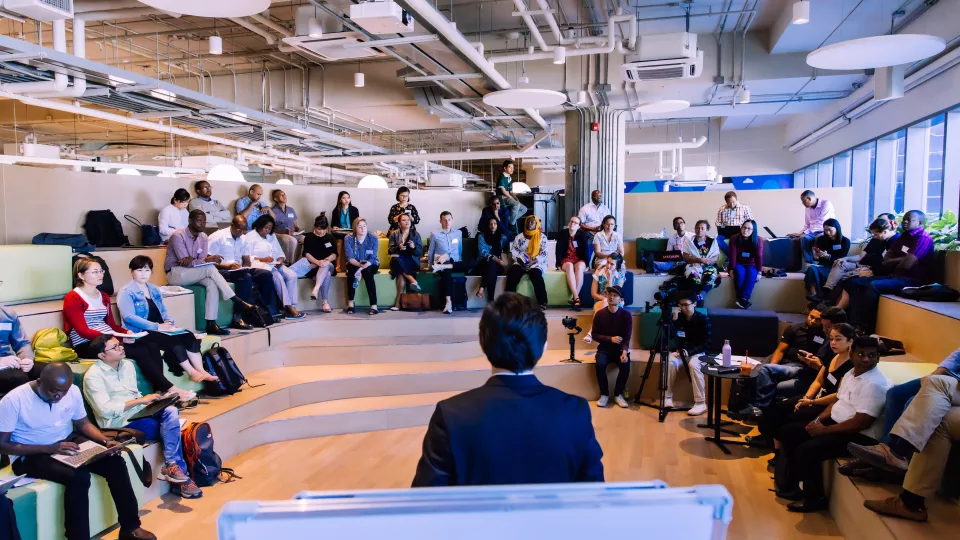
Governance bodies
The Start Network is governed by its Board of Trustees, which takes its steer from the membership, represented by the Assembly.

The Start Network is governed by its Board of Trustees, which takes its steer from the membership, represented by the Assembly.
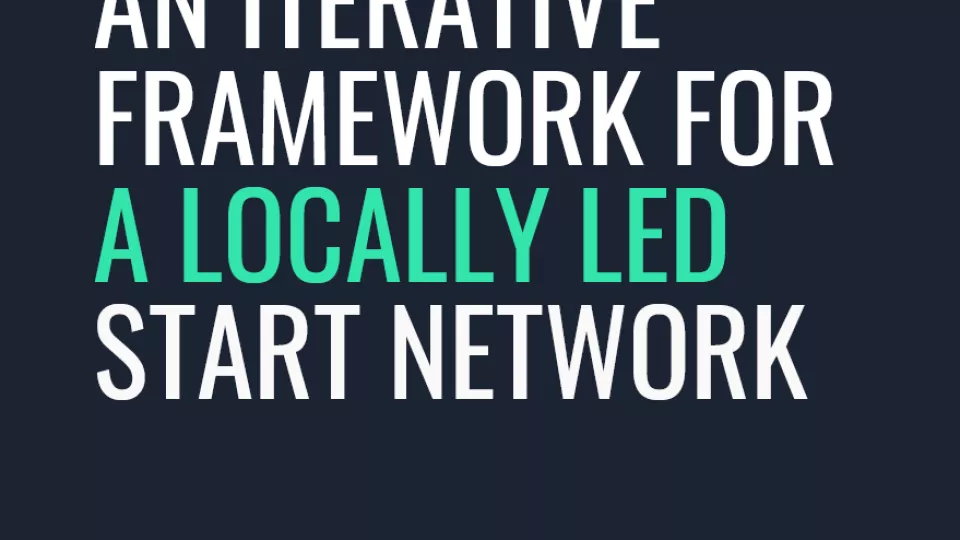
A new series of technical discussion papers by the Start Network, the Red Cross Red Crescent Climate Centre and the International Federation of Red Cross and Red Crescent Societies explores how evolving disaster risk financing (DRF) approaches could be a game changer in acting earlier, quicker and more effectively to predictable humanitarian crises. The papers are attempting to redefine how DRF meets humanitarian objectives. Building on the practical experience of the Start Network and IFRC the papers call for a move from the traditional DRF sovereign approach to a more human-impact driven approach to risk financing, identifying the financial and operational needs from the ground up; an ‘impact before instruments approach. Each paper explores the need for such a renewed approach whilst identifying some of the technical challenges and posing solutions to make disaster risk financing work most effectively in the humanitarian context. The aim is to ignite dialogue and build collaboration around key technical challenges whilst highlighting some key solutions to unlock the potential of DRF for humanitarian action.
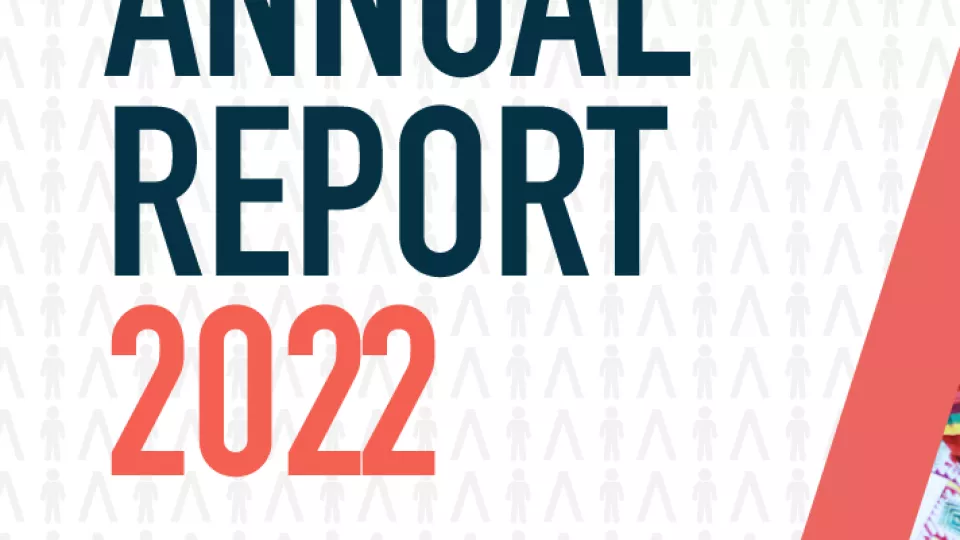
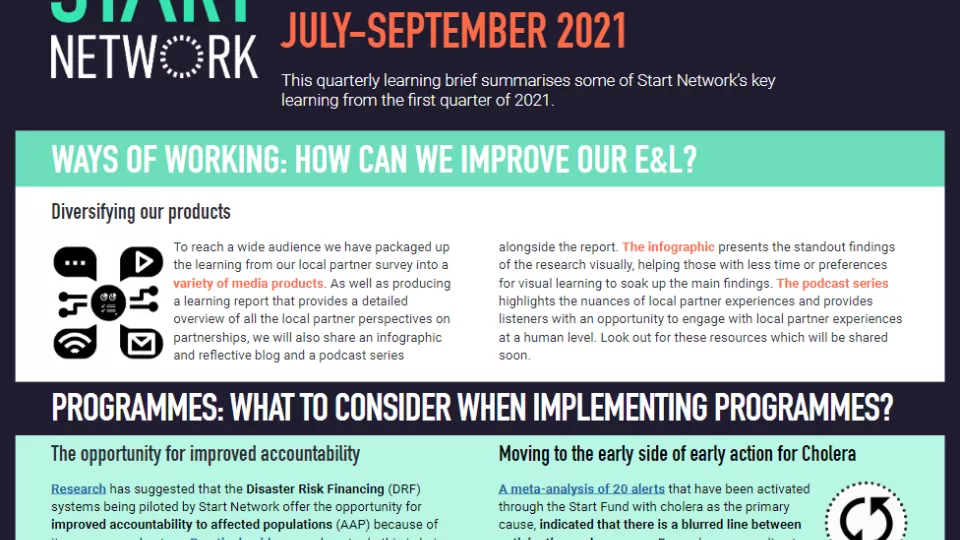
This quarterly one-page brief summarises some of Start Network’s key learning from July to September of 2021. The brief talks through the key learning takeaways and provides links to more detailed reports. It focuses on: -Ways of working: how can we improve our evidence and learning? -Programmes: what to consider when implementing programmes and -What we want to learn more about. The brief is provided in Arabic, Bangla, English, French and Spanish.
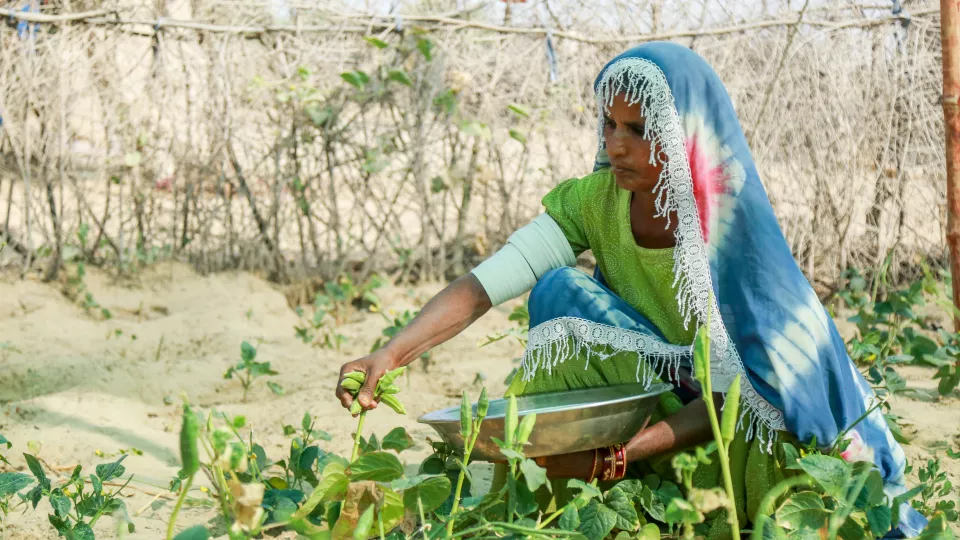
Building on Start Network’s achievements on locally led action, collective innovation and new forms of financing, our 2021 Annual Report: Making Progress on Systems Change provided us the incredible opportunity once again to reflect on our quest towards actualising a new era of humanitarian action.

Takeaways from the 2021 Start Network Assembly Explore session: Quality partnerships from the perspectives of local and national actors This interactive session explored what quality partnerships could look like between Start Network members and local partners. It explored what local partners perceive to be important values, and how to achieve these, especially trust, flexibility, and transparency. The session included a presentation of main findings from the survey, a panel discussion, and breakout rooms with participating INGOs and L/NNGOs. The panellists were local partners: Nanette Antequisa (ECOWEB, the Philippines) Muleneh Tesfaye (Caritas Ethiopia) and Lynn Walker (Tree of Life, Zimbabwe). The session was facilitated by Lola Gostelow (an independent humanitarian and associate of the Partnership Brokers Association). The session was based on a survey of 98 local organisations and their experiences working with Start Network members, or directly with Start Network.
This paper offers a number of potential technical solutions to assessing, managing and reducing basis risk. It acknowledges that, in order to be effective, these need to be accompanied by political and coordination efforts, and a wider look at DRF operational systems that are fit for crisis settings. The authors invite further ideas and discussion on this topic, including any opportunities to test and innovate new operational designs.
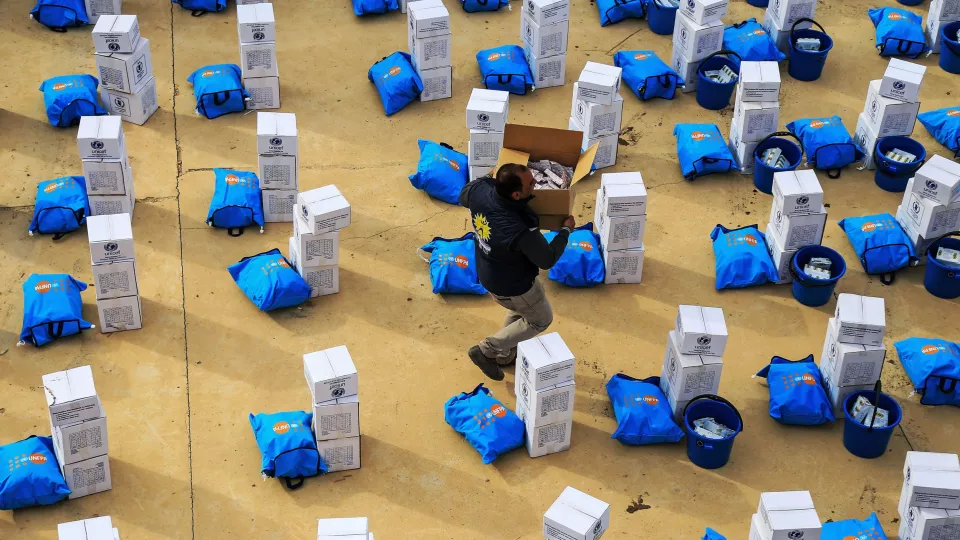
Start Network’s first virtual Assembly meeting took take place from Monday 12 to Thursday 15 October 2020, alongside our 10-year anniversary celebrations. Watch the recording of the session on Start Fund Bangladesh and access all the learning materials below.